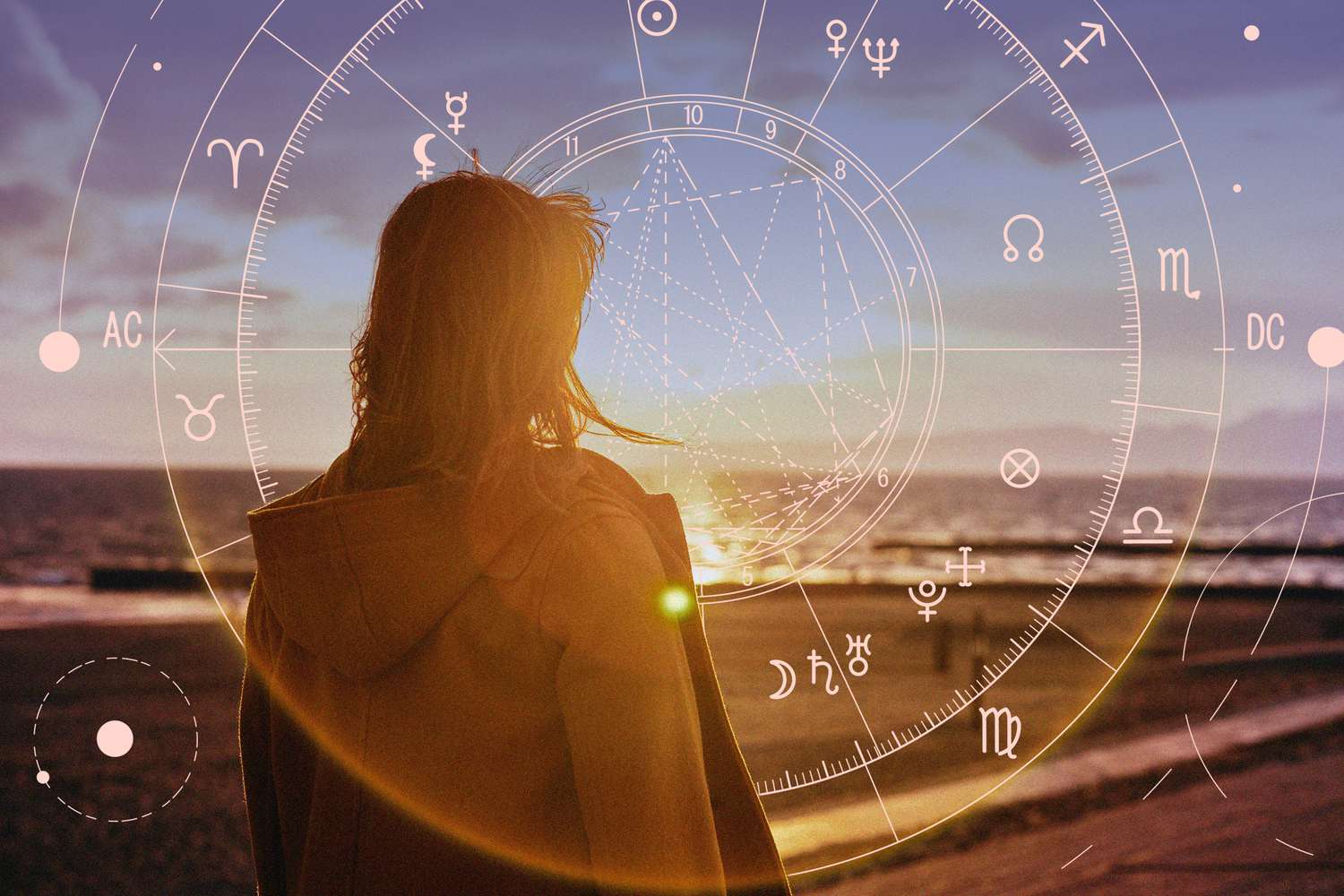Checking astrology websites or reading daily horoscopes has become an important part of our daily routines. The plants and stars have always motivated a sense of curiosity. The 2 inspirations, the sun and the moon, as well as the 8 planets in our solar system, play an important role when it comes to an understanding of how astrology works. If you are astro-curious, today we are going to tell you the basics of Indian Vedic astrology.
What is an Indian Vedic astrology?
Vedic astrology is also known as Vedic Jyotish. The word “Vedic” means “wisdom and truth” and “Jyotish” is formed with 2 words that are “Jyot” which means light and “Isht” which means God. Therefore “Vedi Jyotish” stands for “True light of god”. “Jyotish” is also known as “Eye” because it allows us to understand our past, present, and future and also disclose our personality features.
Know more: https://dhwaniastro.com/blog/why-eyes-of-ram-lalla-hold-a-special-significance-
Origin of Indian Vedic astrology
The origin of astrology can be traced to the Vedic times. Briefing of astrological traditions is noticeable in the Atharva-Veda, one of the most holy texts of India. Indian Vedic astrology is very oldest system of astrology. As per the estimation from Puranic time and archaeological records, the Indian Vedic astrology has an age of about 5000 BC.
The origin of astrology is defined in the holy Vedas of Hinduism. It is trusted that Indian Vedic astrology is based on one of the six supplements of Vedas known as Vedangas. Ancient philosophers Vashishta, Bhrigu, and Garga were the experts of Vedic astrology and made many precise predictions. Then philosopher Parasara wrote Brhad Parasara Hora Sastra, before the starting of kali yuga. Through this, Indian astrology made a long journey. After that, it was passed by Persians, Babylonians, Greeks, Romans, and Egyptians.
Know more: https://dhwaniastro.com/blog/indian-gods-and-music-instruments-the-divine-connection
Difference between Vedic and Western astrology
The basic difference between Vedic and Western astrology is the techniques of the calculations. Western astrology bases its zodiac on the equinoctial point. The placement of the planets that are considered by Western astrology pursue to change concerning the stars. Vedic astrology prediction is found on the 12 constellations from the Babylonian Calander and also has an extra “lunar” zodiac based on 28 lunar nakshatra.
In Indian Vedic astrology, stars are fixed backgrounds against which the movement of the planets is measured, while Western astrology uses the tropical zodiac where the motion of the planets is measured against the placement of the sun on the spring equinox. However, due to the lead of the equinoxes, the difference between Indian and Western astrology becomes only recognizable over time. These 2 systems are comparable when there is a shift of the origin of the spiral longitude by about 22 days, resulting in the place of planets in the proceeding signs in the western birth chart.
Indian Vedic astrology and its methods of calculation
In Indian astrology, forecasts are based on many calculative approaches. But the main source of Vedic astrology forecasts is Surya Siddhanta, Graha Laghava, etc. One can find various features of time calculation in ancient Vedic astrology. The holy Vedic texts have various calculation methods for prana, pala, ghati, kala, kala, kshana, ahoratra, paksha, shravana masa, ritu, ayana, bhramana chakra, varsha, yuga. The auspicious and inauspicious impact of planets can be known only by adopting precise calculations. Without genuine knowledge of calculation and time, it is very difficult for Indian astrologers to make accurate predictions.
Know more: https://dhwaniastro.com/blog/different-types-of-tilaks-and-their-meaning
7 branches of Indian Vedic astrology
- Rig Veda
- Gola
- Ganita
- Jataka
- Prasna
- Muhurta
- Nimitta
Type of Indian Vedic astrology
There are 3 types of Indian Vedic astrology:
- Siddhanta (Astronomy)
- Samhita (Mundane Astrology)
- Hora (Predictive Astrology)
Know more: https://dhwaniastro.com/blog/basant-panchami-2024
Is Vedic astrology precise?
It is believed that Vedic astrology is the oldest system of astrology in the world. It is highly genuine, and its forecasts are believed to be the most precise. In Vedic astrology, forecasts are made based on the actual constellation of stars. It is the most popularly used system of astrology across the world.
Vedic astrology is a wonderful and powerful tool for self-discovery. It gives celestial clues to why few things happen in your life. it can shine a light on inner conflict and your natural strengths and weaknesses. It will provide you deeper understanding of all the important features of your life, involving your career, finance, health, love, married life, etc. It will provide you and help you make the right decision in life.
Shop them here: https://dhwaniastro.com/categories
Read more: https://dhwaniastro.com/blog/5-signs-that-your-girlfriend-is-lucky-for-you
Check your horoscope here: https://dhwaniastro.com/blog/today-s-horoscope-astrological-prediction-for-9-february-2024-
For more such content, visit Dhwani Astro (Instagram @dhwaniastro), and for personal clarifications book a consultation at www.dhwaniastro.com


 Comments
Comments
